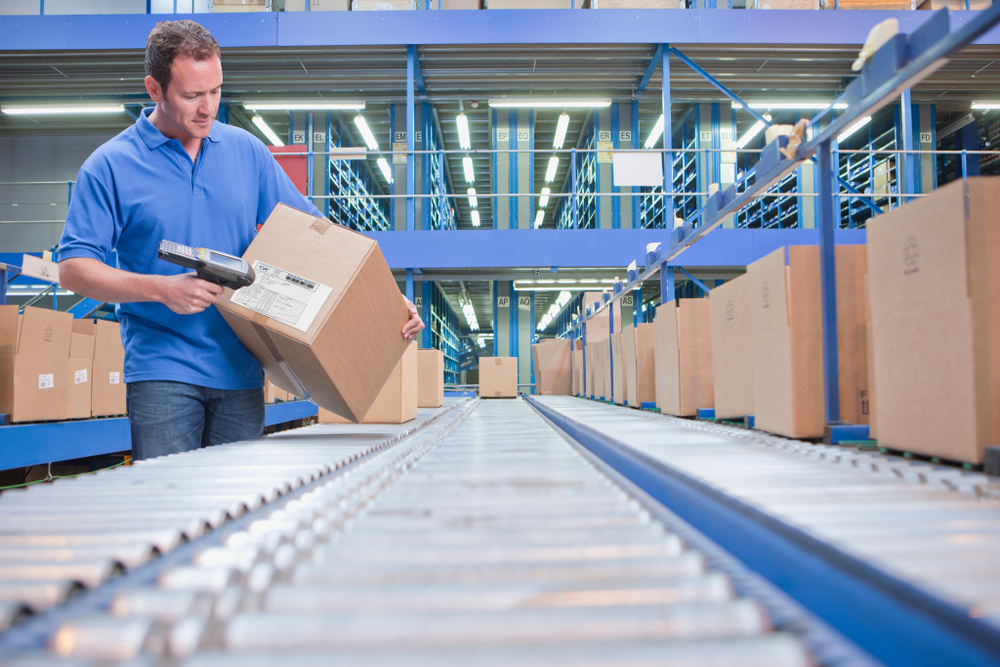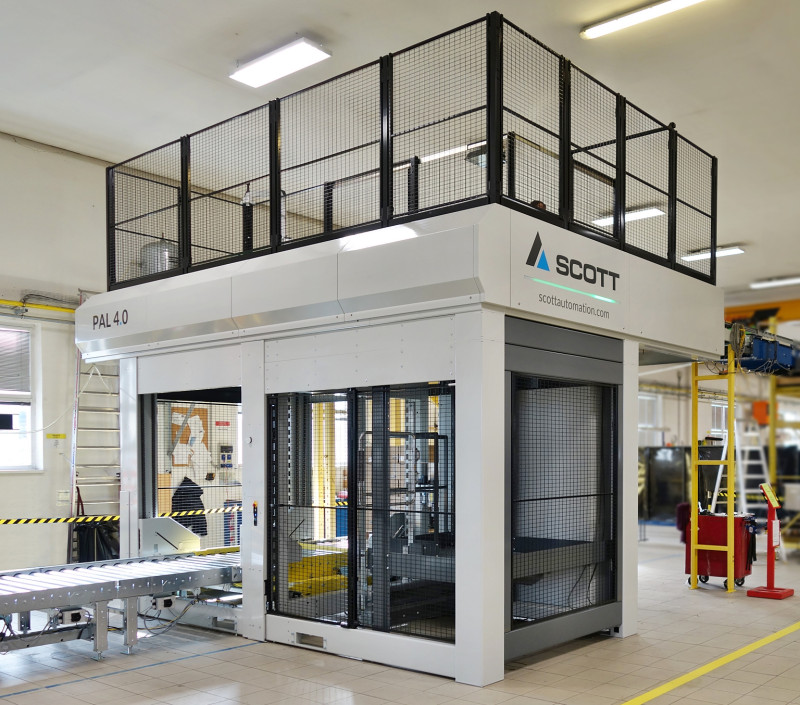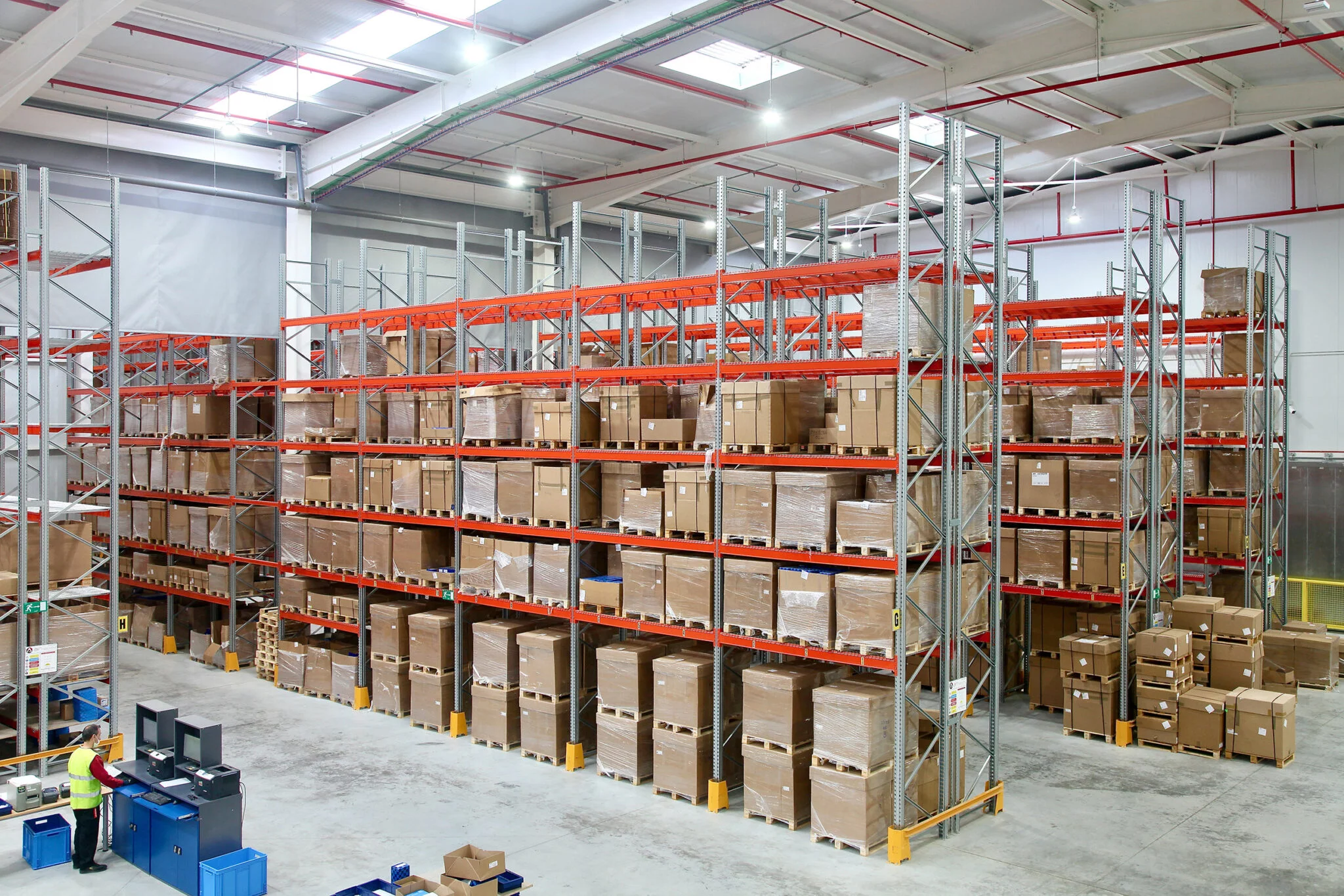The accurate measurement of CO2 emissions in air freight is becoming increasingly important – but they differ strikingly depending on the aircraft type. With the BlueBox Systems platform, in addition to real-time tracking and analysis of air freight data, aircraft type-accurate CO2 emissions are now available. Consequently, supply chains can be compared and optimized not only on the basis of time and performance, but also with regard to their CO2 impact.
Next year, companies in Europe with sales of more than €40 million or 250 employees will have to disclose their carbon footprint annually. This also includes the extent to which their own goods were transported internationally. For this reason, it is important for these companies as well as for the contracted logistics company to be able to document exact values of CO2 emissions. However, these values vary enormously depending on the cargo aircraft. For example, a Boeing 737-400 with 1t of cargo produces a good 10t of CO2, whereas a Boeing 777 produces only 4t on a distance from Frankfurt to San Francisco.
So the choice of aircraft plays a key role in calculating CO2 values for air cargo. And since many airlines are now successively modernizing their fleets, companies now have the opportunity to have their freight shipped with optimized CO2 emissions. But BlueBox Systems takes it one step further: through its partnership with the non-profit organization myclimate, one of the quality leaders in voluntary CO2 offsetting measures worldwide, the CO2 emissions generated can be directly offset again.
“We have received extremely good feedback on our CO2 feature at conferences in San Francisco and Athens, among others. Currently, the calculation of CO2 emissions based on the freighter model used hardly takes place – but it is more than necessary,” emphasizes BlueBox Systems CEO Martin Schulze. “What makes BlueBox Systems so unique in this context is the integration into our Real-Time Visibility platform. This means that supply chains can now also be compared and selected in the context of the CO2 emissions produced in the process.”
BlueBox Systems makes it possible to monitor airfreight in real time. What was previously a black box, now becomes transparent. The individual stations of the air freight on its way to its destination can be tracked in real time. The shipper knows where the shipment is and can provide information about the estimated time of delivery at any time. The recipient can take care of further planning in advance and thus avoid costly delays and damage.







